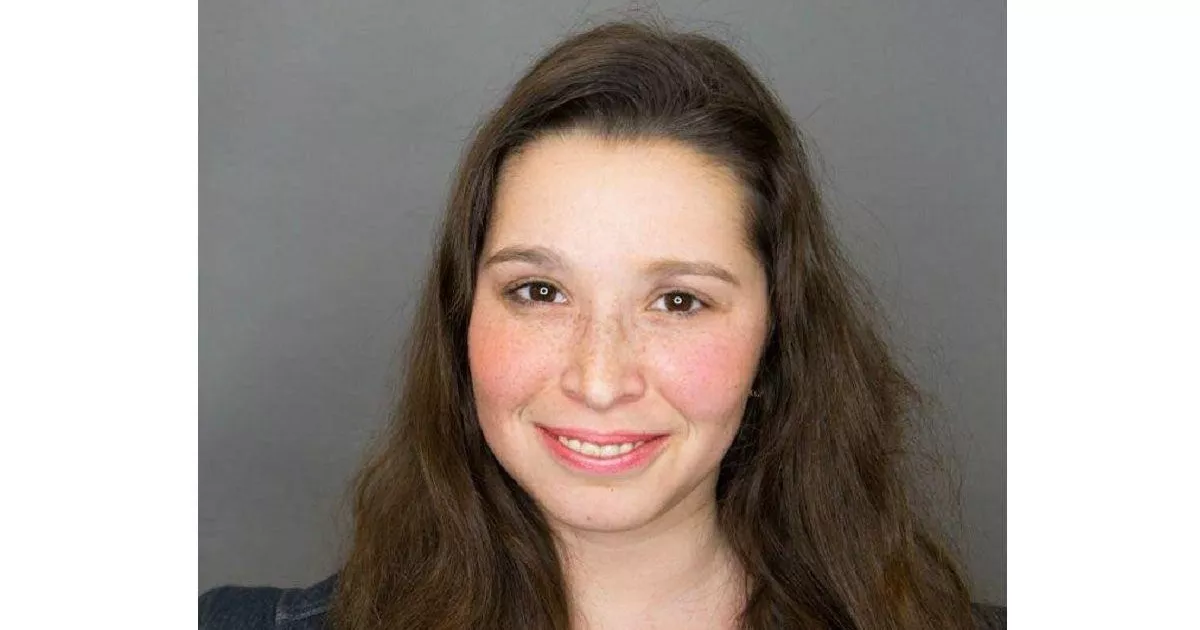US to shift its approach to South Caucasus Expert opinions at Caliber.Az
The Georgian officials have expressed confidence that the Trump administration will alter the US approach to Georgia, adding that the Biden administration is involved in attempts to incite a revolution in Georgia.
MP from the ruling Georgian Dream party Daviti Matikashvili said that these facts are supported by a post from US entrepreneur Elon Musk, who has become Trump’s right-hand man in the new administration.
Musk shared an interview with Professor Jeffrey Sachs on X. Sachs said that the US attempted a typical small-scale regime change maneuver in Georgia, which he believes will not succeed. The goal of this maneuver was to destabilise the South Caucasus.
"The interview clearly highlights the negative role of the US and the Biden administration toward Georgia. It clearly shows and confirms that the Trump administration will radically change its foreign policy approach toward such countries as Georgia," Matikashvili said.
What awaits the South Caucasus region after January 2025, when Donald Trump will take office as US president? The Biden administration violated the principle of equal and fair diplomatic treatment for all South Caucasian countries by arming Armenia and preparing it for a revanche against Azerbaijan, as well as destabilising Georgia from within.

US analyst, geopolitical and security expert, and editor-in-chief of The Washington Outsider Irina Tsukerman, Professor Jeffrey Sachs built his career working for George Soros and is also known in the US as a mouthpiece for the Communist Party of China, which the Trump administration considered a top national security threat and the greatest economic danger to US interests.
Nevertheless, Elon Musk repeats Sachs' words. She noted that it cannot be denied that Biden’s administration has been involved in anti-democratic operations around the world, but Georgia is not a place where any coup attempt was provoked. However, Sachs, rather than the Georgians themselves, is accusing Biden of interference.
Tsukerman said that Trump is unlikely to seek to destabilise the South Caucasus in any way. In fact, it would be in his best interest to capitalise on economic opportunities and strengthen the US economy.
She added that of course, Trump has a history of positive relations with Azerbaijan and non-interference in its affairs. During Trump's presidency, the US did not assist Azerbaijan in reclaiming territories, but they also did not support separatists at the federal level. This would likely be Trump's approach during a second term, provided he kept his original set of advisors in the Cabinet.

Georgian political analyst Arkadi Nozadze said that many signs suggest that the US may have been involved in attempts to alter the political system in Georgia.
"This idea is supported by objective facts: let's look at how active the US was in its criticism of the Georgian Dream party's decisions regarding the laws on foreign agents and rights of lesbian, gay, bisexual, transgender and queer (LGBTQ). Specifically, the US Department of State and its representatives made multiple statements on these issues, some of which amounted to a form of political pressure on Tbilisi," he said.
He noted that all this shows that the US was clearly alarmed by the shift in Georgia's political course and attempted to prevent it. “When it became clear that this strategy was not working and the protests in Georgia did not achieve the desired effect, the US launched a new wave of sanctions against the ruling party.
Just recently, the US imposed sanctions on Georgia's Interior Minister Vakhtang Gomelauri and Deputy Head of the Special Tasks Department of the Interior Ministry Mirza Kezevadze under the Global Magnitsky Sanctions Programme. It is clear that this is just the beginning," the political analyst said.
The analyst remains hopeful that the Trump team's policy toward Tbilisi will be different and that pressure on Georgia will decrease. Overall, in his view, Washington will adopt a more friendly and strategic approach to the countries of the South Caucasus, distinct from the policy of the Biden administration.
"Trump's policy is clearly more rational compared to the outdated narratives of the Biden team, which is precisely why he won the elections. As part of this strategy, Trump prioritises beneficial cooperation rather than conducting covert operations to change governments in the South Caucasus countries," he said.
"By the way, this clearly demonstrated how such covert methods ended in failure in Georgia and Azerbaijan, and how negatively the attitude toward the US has shifted in these countries. Therefore, I expect that with Trump's arrival, relations among Washington, Tbilisi, and Baku will return to a more rational and constructive path," he added.








